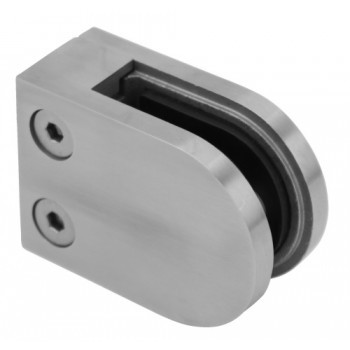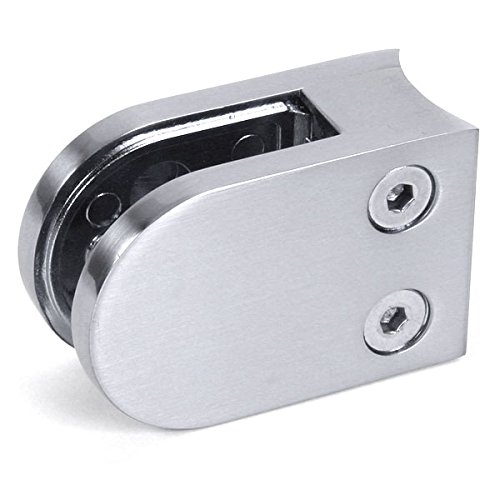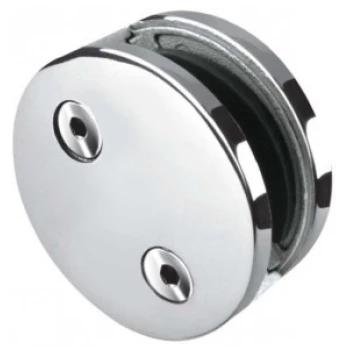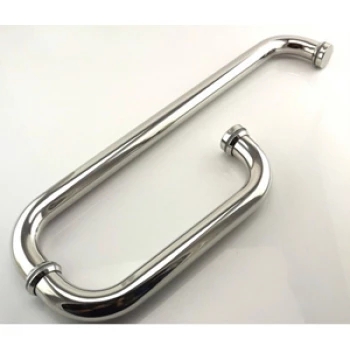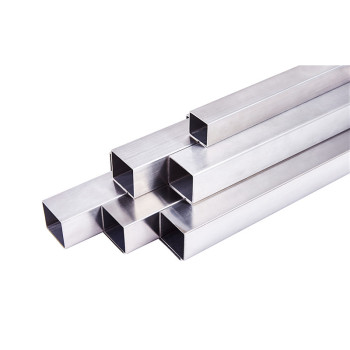SUSgoods: How to select the right stainless steel material for railing / ornamental application
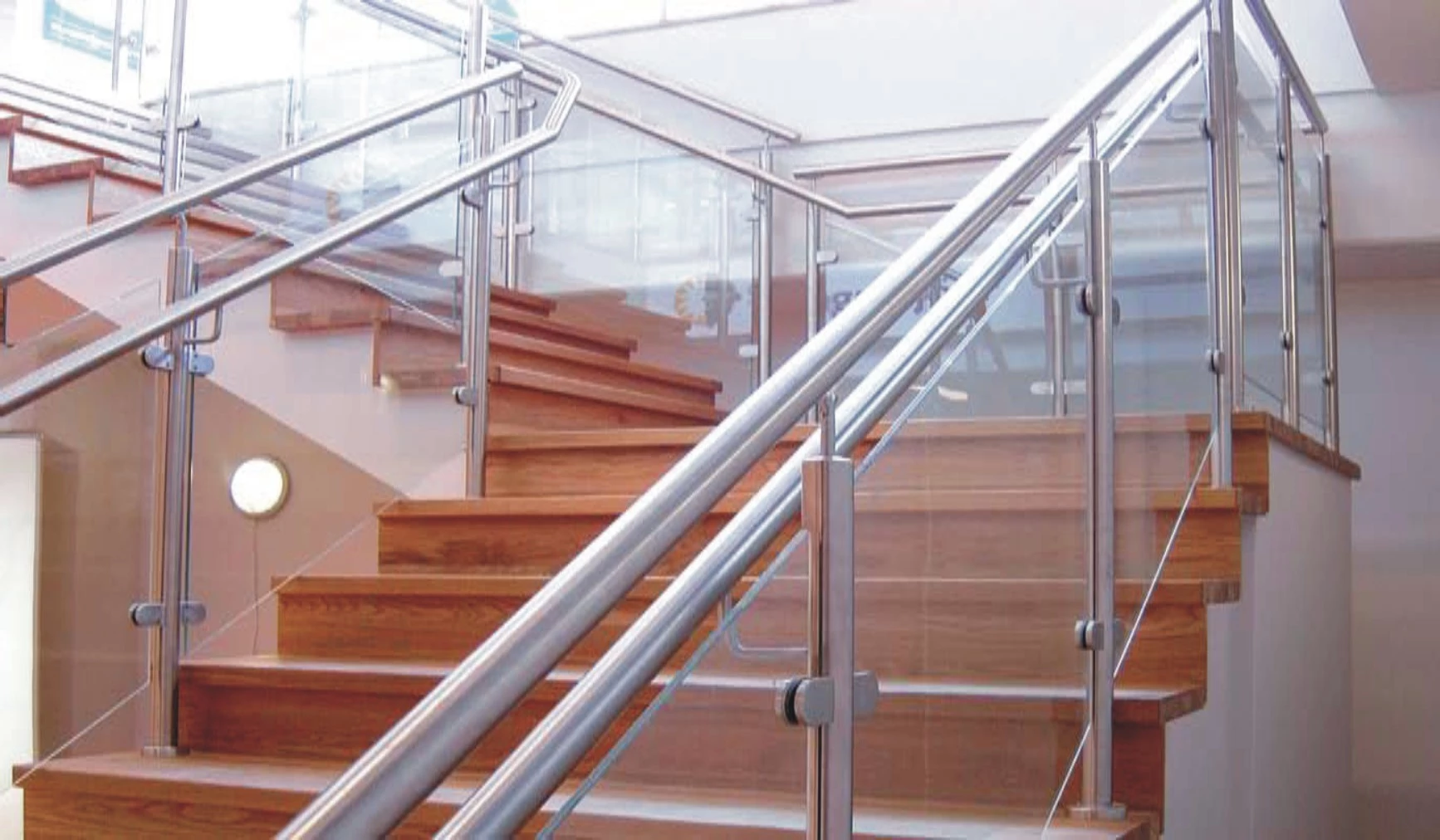
Stainless steel 304# and 316# are the most popular types of stainless for railing systems. Railing systems made from each of these two types offer different strengths and weaknesses. Understanding your options and which applications are suited for each is essential when specifying a new steel railing.
304-grade stainless is also known as “18-8 stainless,” referring to its composition of 18% chromium and 8% nickel. This type of stainless steel is often used in indoor applications. Finishes from satin (240 grit) to finer finishes, including mirror finish, are available. In addition to looking good, these finishes serve a practical purpose as well: satin finishes, for example, are easy to maintain while mirror finishes offer ultimate corrosion resistance.
In addition to interior applications, 304-grade stainless also performs well in outdoor environments where conditions are not overly harsh or extreme, or where the railing system is protected from the environment.
316-grade stainless tackles harsh environments with a slightly higher nickel content and two percent molybdenum to further strengthen its corrosion resistance. In turn, these added alloys make 316-grade the ideal choice for outdoor applications or where harsh environmental factors require a more durable material. As with 304-grade stainless, no protective coating is required and a variety of finishes are available to create the right look for any application.
316-grade steel is the most popular choice for outdoor and industrial applications due to its proven performance in harsh conditions. While no material is completely impervious to corrosion, 316-grade stainless can withstand years of abuse if properly maintained.

